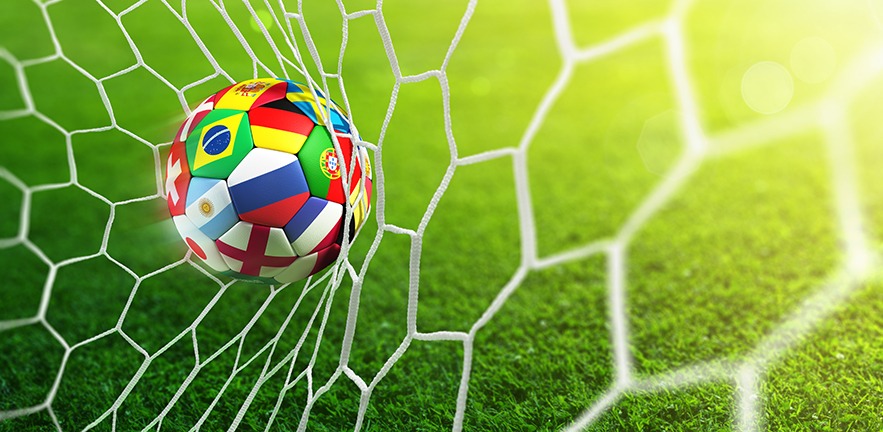As the 2018 FIFA World Cup Final approaches, we consider the ways in which the Cambridge MBA is just like the world’s most talked-about sporting event.

The teams represent a diverse global community
The World Cup brings together a diversity of nations, all with different cultures and styles of play, but all linked by a passion for the beautiful game. Some countries such as Iceland, have never been in the tournament, and others like Brazil have played in every tournament since it began.
Each year, the Cambridge MBA brings together a diverse class of international students. This year there were 44 nationalities represented – except rather than competing, students are supporting and working with each other to make the most of their learning experience, and explore opportunities for their future careers.
The players in the World Cup final are among the best in the world
Whether it’s Cristiano Ronaldo playing for Portugal, Lionel Messi playing for Argentina, or Neymar for Brazil, the world’s most talented and driven players all take part in the World Cup.
Similarly, on the Cambridge MBA, we look for people who have excelled in their academic achievements and career so far. Like many of the world’s best players, our students are ambitious, enjoy a challenge, and thrive under pressure.
Team work makes the dream work
While there are star strikers in football, and everyone loves to watch Harry Kane or Cristiano Ronaldo score a hat-trick, the team wouldn’t be effective if it wasn’t for the rest of the players. Every squad needs players who defend, tackle and set up goals – as well as of course, those who save them.
In the same way, we look for students who show evidence they can collaborate and work well as part of a team. We’re not after a cohort of star strikers, we’re looking for individuals with a range of skills and leadership styles who can work together to achieve a goal.
There’s a qualifying round before the World Cup tournament begins
Before teams get to the World Cup tournament, they need to qualify to whittle down a potential 210 teams to the 32 competing in the tournament.
Similarly, we have an application and interview process to ensure that candidates are the right fit for the Cambridge MBA. It’s important that the candidates will be happy in Cambridge, and have the aptitude and attitude needed for the course.
The players (and managers) have an interesting and diverse background
The manager of Iceland’s football team Heimir Hallgrímsson is a former dentist, three South Korean players are currently in military service, and Iranian goal keeper Alireza Beiranvand previously worked in a pizza shop before making his breakthrough.
We welcome people from a range of backgrounds onto the Cambridge MBA, from venture capitalists and consultants, to medical students and lawyers, all of whom bring a different perspective to the class. Each student however, will have a minimum of three years’ work experience, have taken the GMAT/GRE and have at least a 2:1 degree (or equivalent).
Skills learned in training are applied in context (with a bit of creative flair…)
In football there is a lot theory and tactics which need to be worked through, as well as copious amounts of training undertaken. But eventually, players are going to need to apply their training in a vital international match.
Similarly, when studying the Cambridge MBA, students will be experimenting and applying the knowledge that are learning to their team projects. The curriculum is designed so that students study Management Praxis in the first term, which is concluded with the first practical project in October (the Cambridge Venture Project), and Management Praxis II in the second term, which is capped by the Global Consulting Project. And just like Neymar, our programme values a creative approach too.
One key difference…
The one key difference however, is that unlike the players in the FIFA World Cup, our current class is 39 per cent female!
Applications for the Cambridge MBA open on 1 July, 2018. The World Cup final takes place on 15 July 2018.

